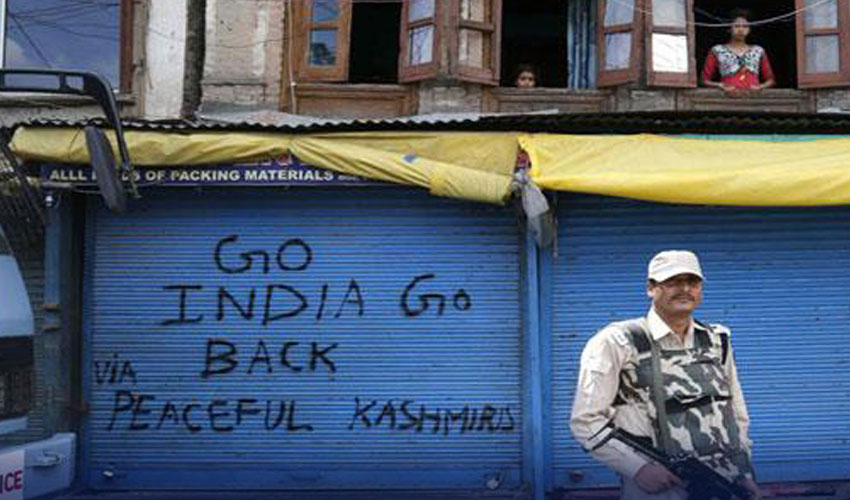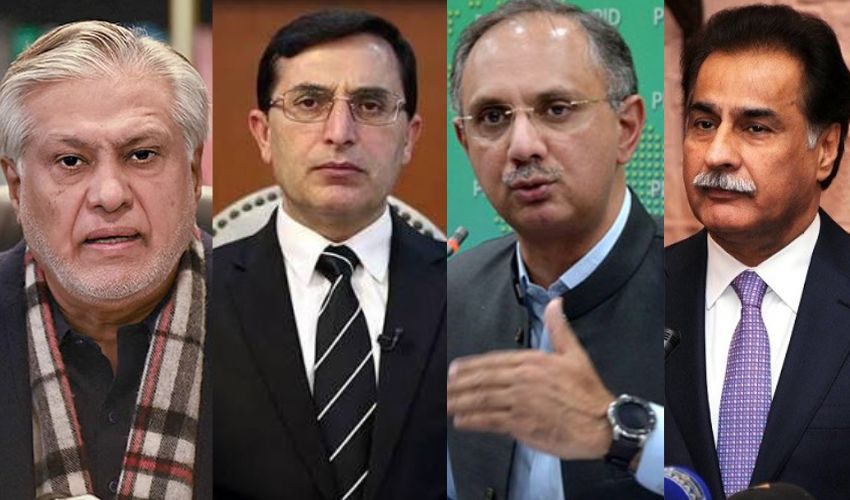The Indian government is gearing up to hold elections in Jammu and Kashmir, a move that has sparked debate about the legitimacy of the process. This development comes in the wake of the region's special status revocation on August 5, 2019, which was followed by the detention of numerous Kashmiri political figures.
Recently, some representatives have been released, though their movements remain restricted. Notable leaders such as Mirwaiz Umar Farooq and Yasin Malik continue to be held in custody or under house arrest, raising concerns about the inclusivity of the electoral process.
The absence of these influential voices has led to accusations that the elections are merely a façade to project normalcy to the international community. Critics argue that conducting polls without the participation of established Kashmiri leaders could potentially weaken the ongoing freedom movement in the region.
Reports suggest that the ruling Bharatiya Janata Party (BJP) is facing challenges in finalizing its candidate list, having reportedly revised it six times. This indecision has been interpreted by some as a sign of the party's apprehension about the electoral outcome.
Even in Jammu, a predominantly Hindu area traditionally supportive of the BJP, there are indications of waning enthusiasm. A recent BJP rally in the Doda district of Jammu reportedly saw low attendance, further fueling speculation about the party's declining popularity in the region.
As the election approaches, questions persist about the representation of Kashmiri interests and the overall impact of these polls on the political landscape of Jammu and Kashmir.



























